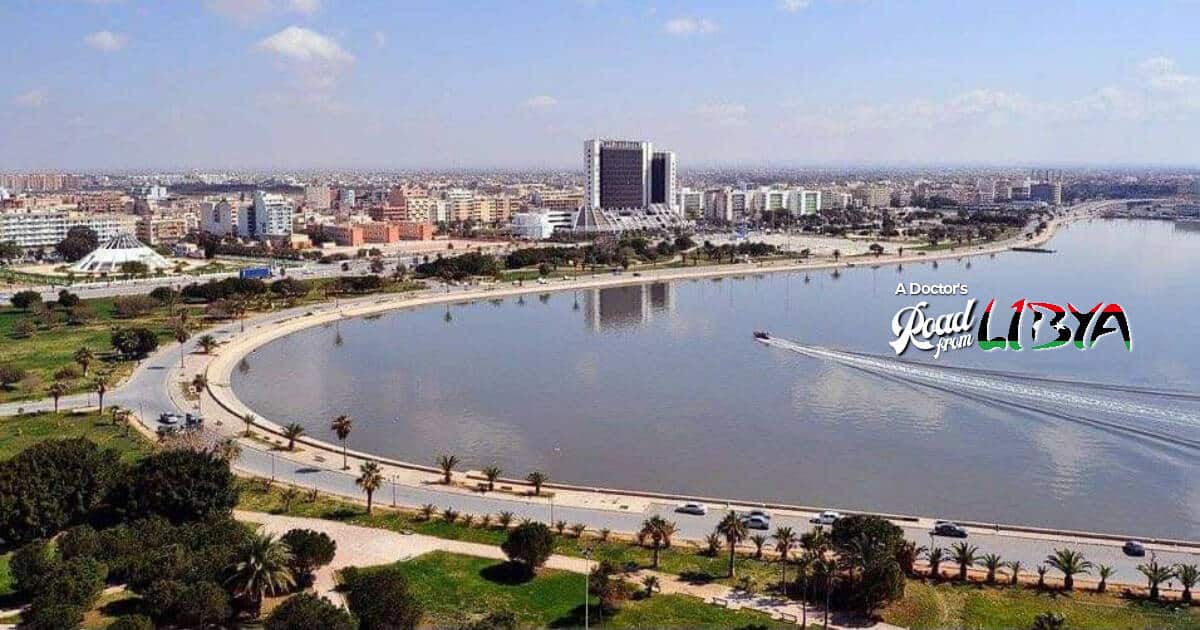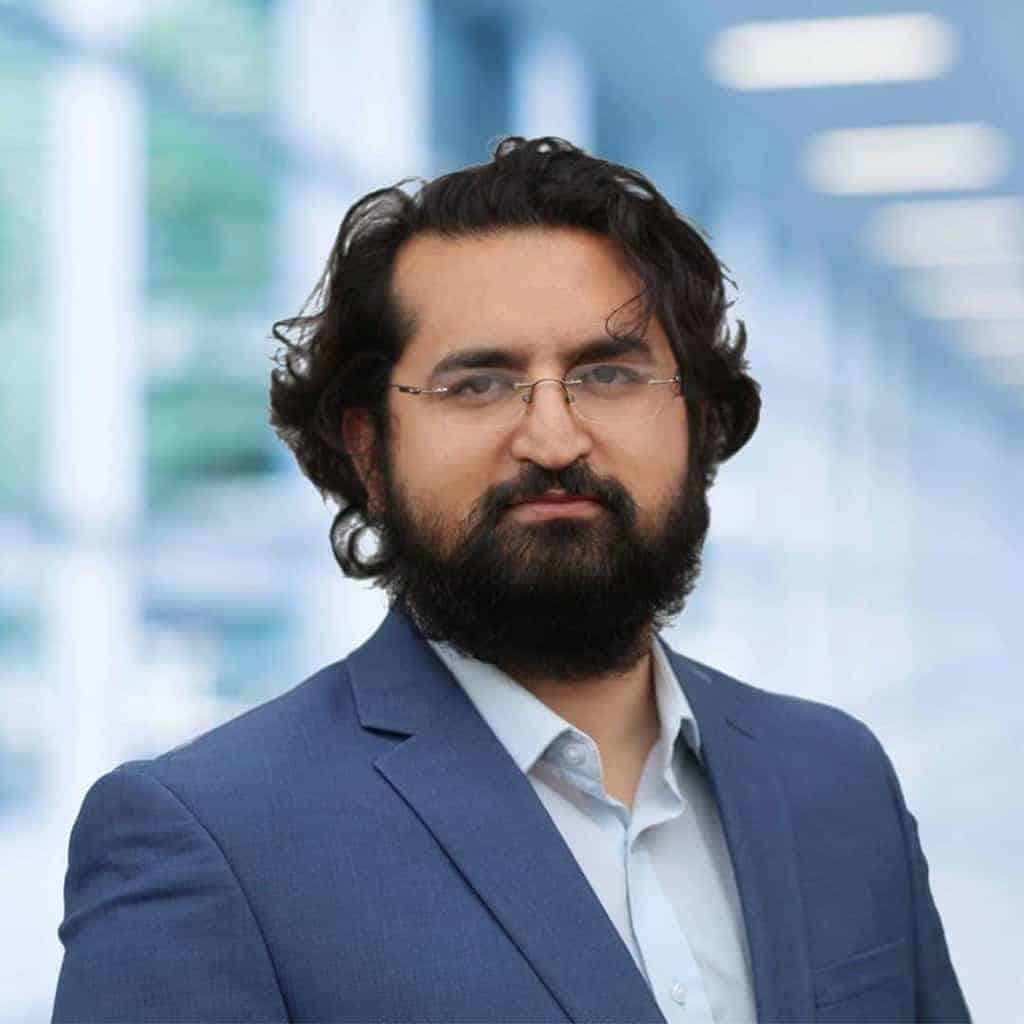IMG Series: A Doctor’s Road from Libya

My name is Seraj Biuk, I currently work as a Trust Grade FY1 level doctor with a rotational post. I joined the trust in August 2018 and my job consists of 3 rotations each is 4 for months. l started with Care of the Elderly then moved to Respiratory medicine and now I am working in Obs.& Gynae. I know that for many IMGs starting your NHS career as FY1 is not the ideal plan; mainly because of visa requirements as the salary may not be enough to get your CoS. In my situation, I did not require a visa to work in the UK, that is why applying for an FY1 was not a problem. Although I was not keen on applying for an FY1 post, I was advised by family/friends currently working in the UK to go for it and in my opinion I did not regret doing so as you start from scratch and make your way up the career ladder.
Why did I chose the UK?
I consider the UK to be my second home as I was born in the UK and have a personal attachment to it. Since I was in medical school my dream was to finish and start my career in the UK. Another reason which motivated to me and of course many other IMGs is the huge shortage of doctors in the NHS.
My Road to UK
I graduated and completed my internship in March 2017 and did a clinical attachment in Anaesthetics for 6 months. I passed PLAB 1 & 2 and applied for GMC registration and obtained it in June 2018. By that time I had already applied for a job at a hospital where my sister worked and it was the only job I applied for and luckily I was accepted and offered the job (that is to tell you how short of doctors the NHS really is).
Challenges I faced when I started
As many IMGs have gaps/periods of no medical practice etc., in my case the challenge I faced was that I joined medical school in 2007 and graduated and got my certificate after completing the internship in 2017 which meant that it took me 10 years to graduate and obtain my PMQ. This was because of the current instability and conflict in Libya where universities have been closed for more than 2 years in total. After applying for GMC registration, they questioned me of this fact questioning why I spent all that time to graduate. . I simply explained to them the situation in my country and the reason behind this delay and they accepted my explanation without having to provide any proof for it.
How I adjusted to working in the NHS
At the start, on my first day, I felt completely clueless as there was a big jump and a huge difference between the NHS and the medicine we practiced back home. To be honest, after all medicine is the same everywhere, but what I found challenging is how the system works here and how to be part of a multidisciplinary team, this was and still is my biggest challenge. It will take time to adjust to how the whole system works and how to collaborate efforts between different teams and understand how to communicate efficiently, but later on you’ll get used to it. I was supported when I first started by my colleagues whom mostly were IMGs so they understood what I was going through and gave me the support and help needed to get used to the system.
Where do I see myself in the future
One of the reasons I started my career from scratch as FY1 is that I still haven’t set my mind on which career path I am going to follow. I wanted to get a taste from as many specialties as possible to be able to judge on my future career after actually working in that specialty.
Few tips for my Libyan fellows
- Medicine is the same everywhere , I was happy to know that the basic knowledge we have been taught in Libya is strong and sufficient for you to become a good doctor in the UK, our only challenge will be to get used to the new system which you’ll eventually get used to.
- As Libyans one of our biggest challenges is the IELTS exam. Although this is the first and hardest step towards your UK journey, believe me if you pass this stage all other stages will be much easier. Now with the GMC accepting OET as an Evidence of Knowledge of English, this has opened doors and gave hope to people struggling with IELTS the only drawback is that we don’t have OET in Libya and you have to travel for it and I personally think it is worth the trouble.
- If you’re a fresh graduate try to do your IELTS/OET and PLAB 1 during your internship as this is a very easy year with no responsibilities and no commitments and you have the time to do both. For those who have been working for few years, never say it is too late to come to the UK, I have seen people working at an SHO level who are in their late 30s and I know one person who is in their 50s and they’re just starting their NHS career.
- NEVER SAY IT IS TOO LATE FOR ME !! If you have the time/money try to apply for a clinical attachment prior to starting your new job even for 2 weeks, that will give you a chance to know your hospital, colleagues and most importantly to learn how the hospital works as there is a huge difference between how our hospitals work in Libya and it works here in the UK.

